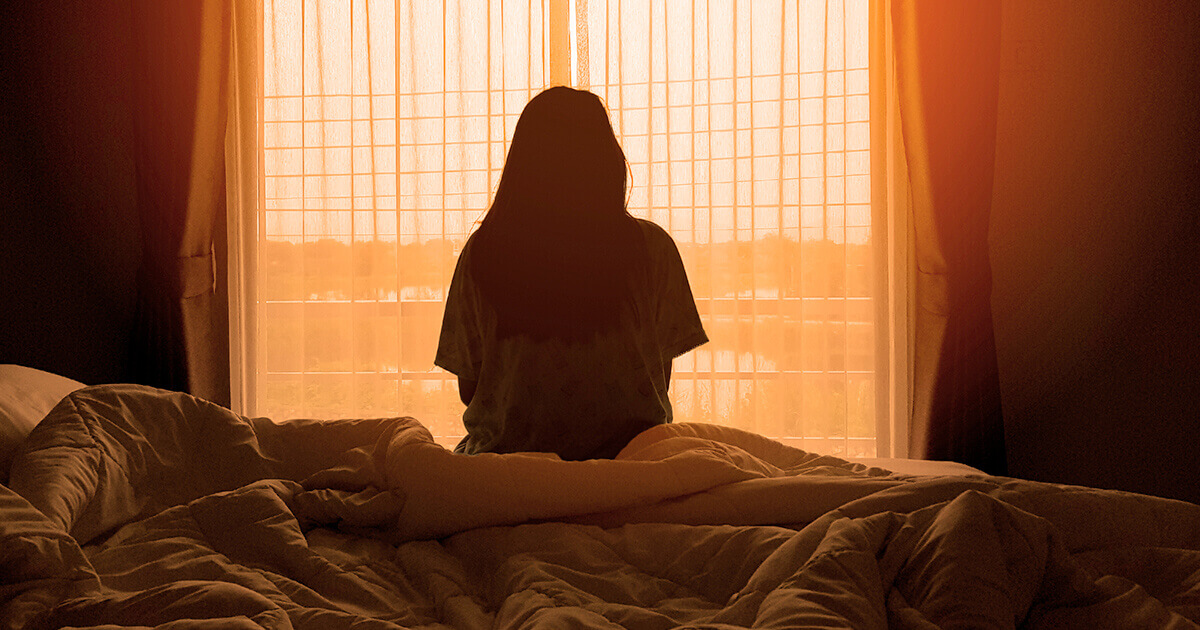Police have opened a murder investigation into the death of a baby who they believe was born alive despite their mother taking ‘DIY’ home abortion pills.
The shocking disclosure was exposed at the UK Court of Appeal last week, where the Christian Legal Centre was challenging the Government’s decision to permit ‘DIY’ abortions amid the coronavirus pandemic.
A leaked “urgent email”, sent by a senior chief midwife at NHS England and NHS Improvement on the “escalating risks” of the ‘pills by post’ service being run by UK abortion providers BPAS, Marie Stopes and NUPAS, also revealed the deaths of two women as a result of complications after taking ‘DIY’ home abortion pills.
One woman died “very quickly” with sepsis whilst seeking urgent care at a hospital’s accident and emergency department after taking ‘DIY’ abortion pills.
A second woman was found dead at home the morning after starting the medical abortion process.
Tip of the iceberg
As the email was sent on 21 May 2020, it is unclear how many further incidents have taken place.
The email also details that many incidents with the new ‘DIY’ abortion service have not been reported to the Care Quality Commission (CQC) by abortion providers.
The email outlines that “the only reporting of incident to the CQC, from this sector are those that are significant, ie babies that are to be a late TOP [termination of pregnancy], as all the other outcomes are seen to be a complication of the process which could occur in any setting.”
Significant problems from the onset
Since ‘DIY’ home abortions were introduced on 30 March, a number of significant problems have arisen.
A nationwide undercover investigation found evidence of abortion providers putting women at significant risk by not carrying out basic checks before sending them ‘DIY’ home abortion pills.
The study also discovered ‘DIY’ home abortion pills can easily be obtained and administered to others, potentially in a coercive manner..
In May, it was revealed UK police were investigating the death of an unborn baby after its mother took ‘DIY’ home abortion pills while 28 weeks pregnant.
In addition, abortion provider BPAS announced that it was investigating a further eight cases of women taking ‘DIY’ home abortion pills beyond the 10-week limit, raising questions over what checks are being conducted to ensure the law isn’t being broken and dangerous later-term abortions aren’t happening.
A number of women have also come forward to share the serious problems they’ve experienced after taking ‘DIY’ home abortion pills.
One woman said she went through “hell” and thought she was going to die after taking the dangerous pills.
Another woman said the pain and physical process was “horrible” and “a lot worse than expected”.
Court of Appeal refuses to hear evidence against ‘DIY’ home abortions
Despite the clear harm ‘DIY’ home abortions are having on pregnant women and their unborn babies, the Court of Appeal refused to consider evidence highlighted in the leaked emails.
According to the Christian Legal Centre, Lady Justice King refused, saying that she would give her reason for the refusal later.
The court also rejected an expert witness statement from Kevin Duffy, a former global clinics director at abortion provider Marie Stopes International, who called for ‘DIY’ home abortion services to be withdrawn immediately.
In his statement, Mr Duffy brought attention to an undercover investigation which found abortion providers were not carrying out basic checks before sending termination pills – including the prescription of termination pills past the 10-week limit.
Service must be withdrawn
Mr Duffy said: “None of the scenarios revealed in my survey, or the incidents in the NHS email leak, would have happened under the pre-lockdown abortion process. These cases are a direct result of the move to home abortion and particularly the removal of the clinic visit and routine assessments.
“It is simply not possible to replace the critical clinic-based consultation with a phone call. The telemedicine service leaves pregnant women highly vulnerable and must be withdrawn urgently.”
The Court of Appeal judges have reserved their ruling to a later date.
‘Inherently dangerous’
A spokesperson for Right To Life UK, Catherine Robinson said: “Ever since the UK Government permitted ‘DIY’ home abortions, stories of illegal late-term abortions and safety abuses have come to light.
“We, along with other pro-life campaigners, warned it was only a matter of time before a woman died as a result of a ‘DIY’ home abortion. Tragically, that is now the case.
“These cases and the thirteen ongoing investigations are likely only the tip of the iceberg, given the date of the leaked email.
“Abortion providers, such as BPAS and Marie Stopes International, who want to keep ‘DIY’ home abortions on a permanent basis are unlikely to want to reveal how many complications or serious incidents have arisen as a result of their ‘services’.
“There are also likely many more incidents that abortion providers don’t know about as the majority of women are likely to not come back and tell an abortion provider that they have broken the law using their service or weren’t even aware how far along they were, given they have not had an ultrasound.
“These ‘DIY’ home abortion schemes, which are inherently dangerous and show no concern for babies or vulnerable pregnant women, should be suspended immediately.”Right To Life UK has launched an online tool allowing UK residents to contact their local MPs and call for an immediate end to ‘DIY’ home abortions following the deaths of two women.












